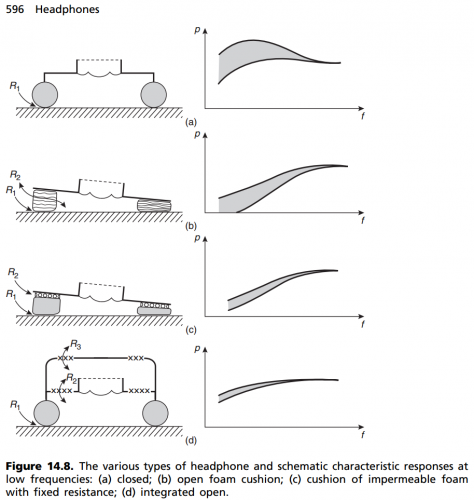Personally, although you are strictly correct and I agree with you, I also think we can be a little more flexible. There are grey areas, for example: Loudness, does the fact that we can measure loudness make it objective, isn't the LKFS/LUFS scale objective? Was loudness strictly subjective for the entirety of human existence until about 10 years ago when it suddenly became objective?
The problem was standardization of the objective method. That took research into how humans perceive loudness. That research dates back many decades by scientists like Eberhard Zwicker whose work began in the 1950s, and who also eventually proposed an accurate loudness meter which unfortunately was too complex to be practical in its time (it involved critical band squaring and root-summing, very hard to do in the pre-DSP days).
Maybe strictly speaking loudness metering is an objective measurement of a subjective perception?
Once a method of measurement is developed that tracks human perception and becomes standardized it can be used as an objective tool because the resulting data no longer depends on human judgement. It turns out that the way humans sense loudness, light brightness, and physical pressure all relate quite closely to the same type of scaling: power scaled logarithmically. So all of those things can become objective. "Objective" doesn't imply perfectly accurate, and does not necessarily represent a perfect sensory model. All it means is the model is standardized, generally accepted, and applied without dependance on specific individual opinion, emotion, personal feeling, aesthetics, etc.
Zwicker's meter, it turns out, was very similar to BS 1770-3, though the weighting filters weren't an exact match. His problem was, it couldn't be standardized when he developed it because it wasn't practical to implement. So objective loudness measurement had to wait something like 3 decades.
What about notes/pitch? Most people assume notes are real and we've been able to measure the pitch of notes for decades, even to the point of having tuning machines which are more accurate than the human ear and are routinely employed by many musicians. On the other hand, notes don't really exist; we can remove the fundamental of a note and still recognise it but a tuning machine no longer can. Does that mean that the pitch of a note is objective but the exact same note with the fundamental removed is subjective? What about drums? Most/Many drums have to be tuned by ear as tuning machines cannot reliably identify the fundamental. Is the pitch of a note objective if played on a piano but the same note played on a drum is subjective?
I don't understand enough about human pitch perception to really comment on this, but again, once a measurement method has been developed that parallels how something is perceived, it can be standardized, and can then become objective.
What about stereo? We can precisely measure the position of an individual sound in the stereo sound field using a "pan" control, which is effectively just a measurement of relative gain between the left/right output channels, so that's definitely objective but that sound, incorporated and processed within a typical mix, can no longer have it's position measured. Even though it's position in the stereo image has not changed, is it's position now subjective rather than objective?
Data exists in literature that graphs position vs intensity differential, and position vs timing differential, when the reproducing system in taken into account (headphones vs a specific speaker layout). It's not practical to scale a pan pot, however, since the reproducing method cannot be known. No standardization can effectively exist that includes all reproducing methods, so no objective measurement is practical for a pan control. And as you know, even though it's possible today, real virtual panning including HRTF control doesn't exist in the form of a common pan pot.
On the other hand, playing devil's advocate, if we consider ubiquitous perceptions to be objective or potentially objective, we're going to run into serious logical problems. How do we measure or describe as objective the "Faa" in the McGurk Effect for example? Any thoughts?
G
On the other hand, you have different fingers.
I think if any of those were studied to the extent that a strong statistical trend were apparent across a significant population segment, models could be developed, standardized, and objective measurements could the be accomplished. Again, the model doesn't have to be 100% accurate with respect to perception, but it does have to be good enough to represent a large area of the populace bell curve to be accepted. Since research requires money, and money becomes available when the potential results have value, I wouldn't expect a McGurk Quantification Project, to become reality any time soon. Sometimes the awareness of a perceptual principle is enough to satiate beyond funding. I don't think we're going to see a McGurk-O-Meter plugin right away.















![20170926_002750[1].jpg](https://cdn.head-fi.org/a/10005832_thumb.jpg)







